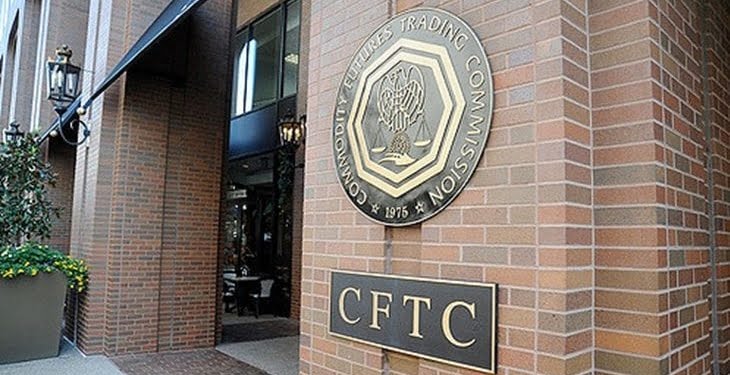- US CFTC is not fully confident about Bakkt’s bitcoin custody offering
- Regulatory bodies in the US stall its progress in becoming a pro-crypto country
The Wall Street Journal on March 21, 2019, reported that the U.S. Commodity Futures Trading Commission (CFTC) is concerned over Bakkt’s physical Bitcoin futures custody services causing it to delay time and again.
Intercontinental Exchange Inc. (ICE) envisioned the bitcoin futures launch as the basis of a broader platform for trading and storing of digital currencies. However, the CFTC has not yet given all the necessary approval to Bakkt as yet. The delay is associated with the disagreement between the regulator and the ICE concerning the way the project should be regulated.
Bakkt Leads the Way
In February 2019, CFTC informed ICE that their project would require a business plan and time for the public to make comments. This would see the project’s approval delayed even further. Thereafter, stakeholders on the project started looking for an alternative to make the project go-live.
Bakkt is a project with high profile partners like Microsoft and Starbucks with the aim of making cryptocurrency regulated enough for the public to be able to use it for their day to day purchases. The venture was able to collect $182.5 million from investors. The project’s delay has come at a time when the cryptocurrency market is not doing well. Bitcoin’s price is off around 80% from its peak back in December 2017 at $4000.
The delay is doing no good to the public’s faith in cryptocurrency.
The cryptocurrency market is known to be highly volatile, and the delayed approval is only feeding on to the fears of the people. When the government does not approve of such a project as Bakkt, the public views that as a confirmation of the validity of their fears, which might dent the public’s faith in digital currencies in the long run.
Other countries like Japan are on the path to fully embrace cryptocurrency while the US is continuously rejecting approval of a significant project like Bakkt, whose aim is to bring regulation to cryptocurrency and enable crypto to enter the real market thus be part of the public’s daily transactions. If the current regulatory environment persists, the US regulatory bodies, CFTC and SEC, could eventually drag the country behind in the crypto space as compared to other countries.























